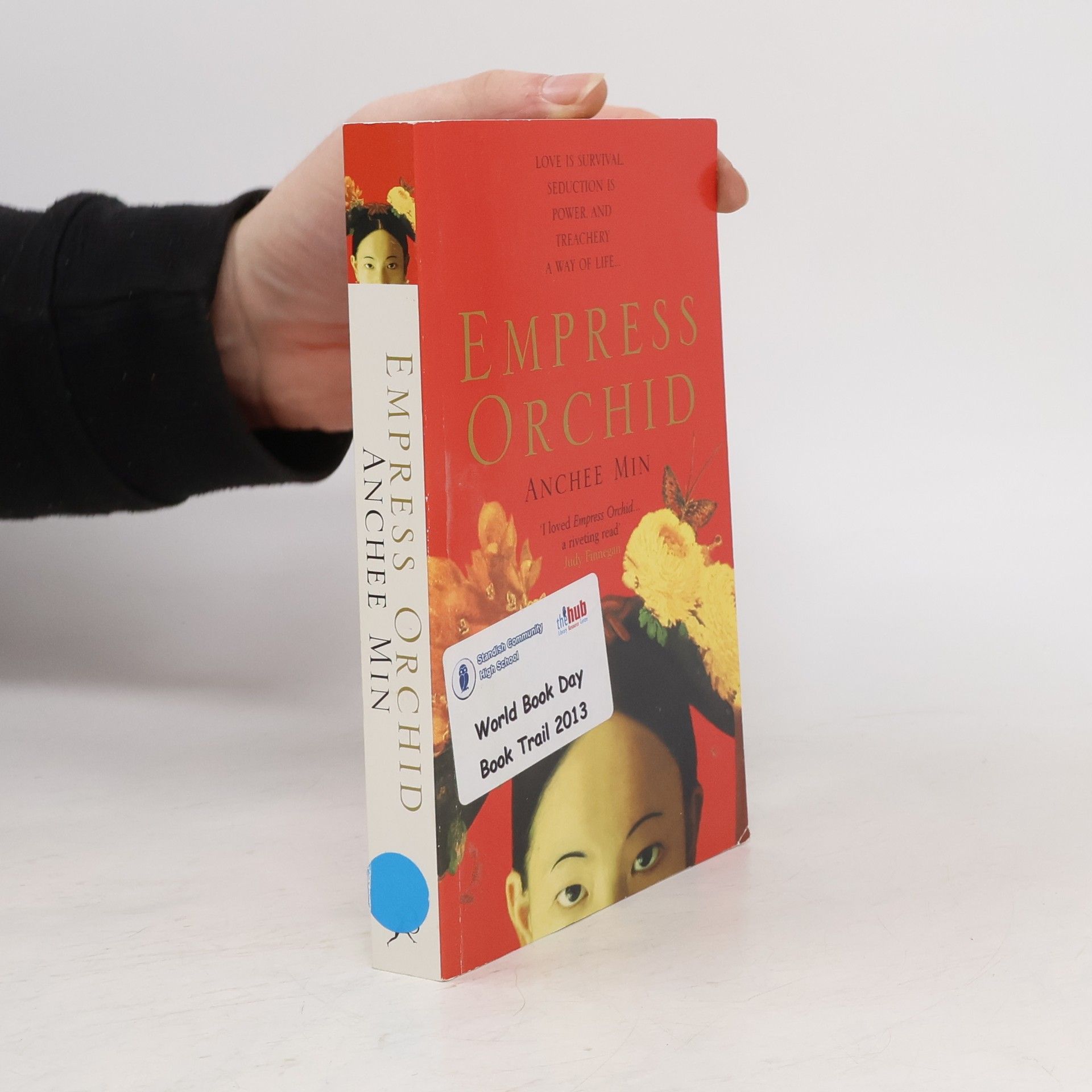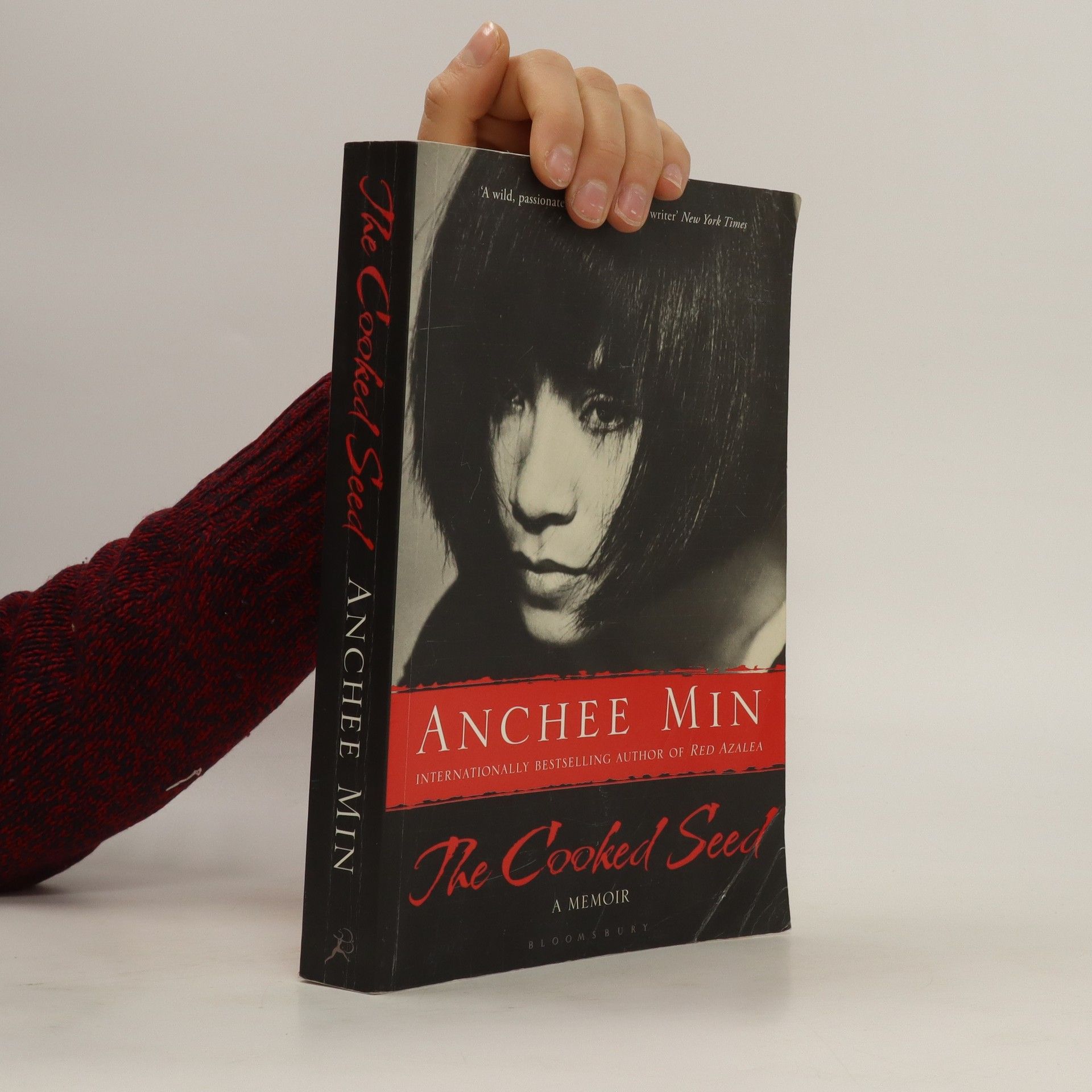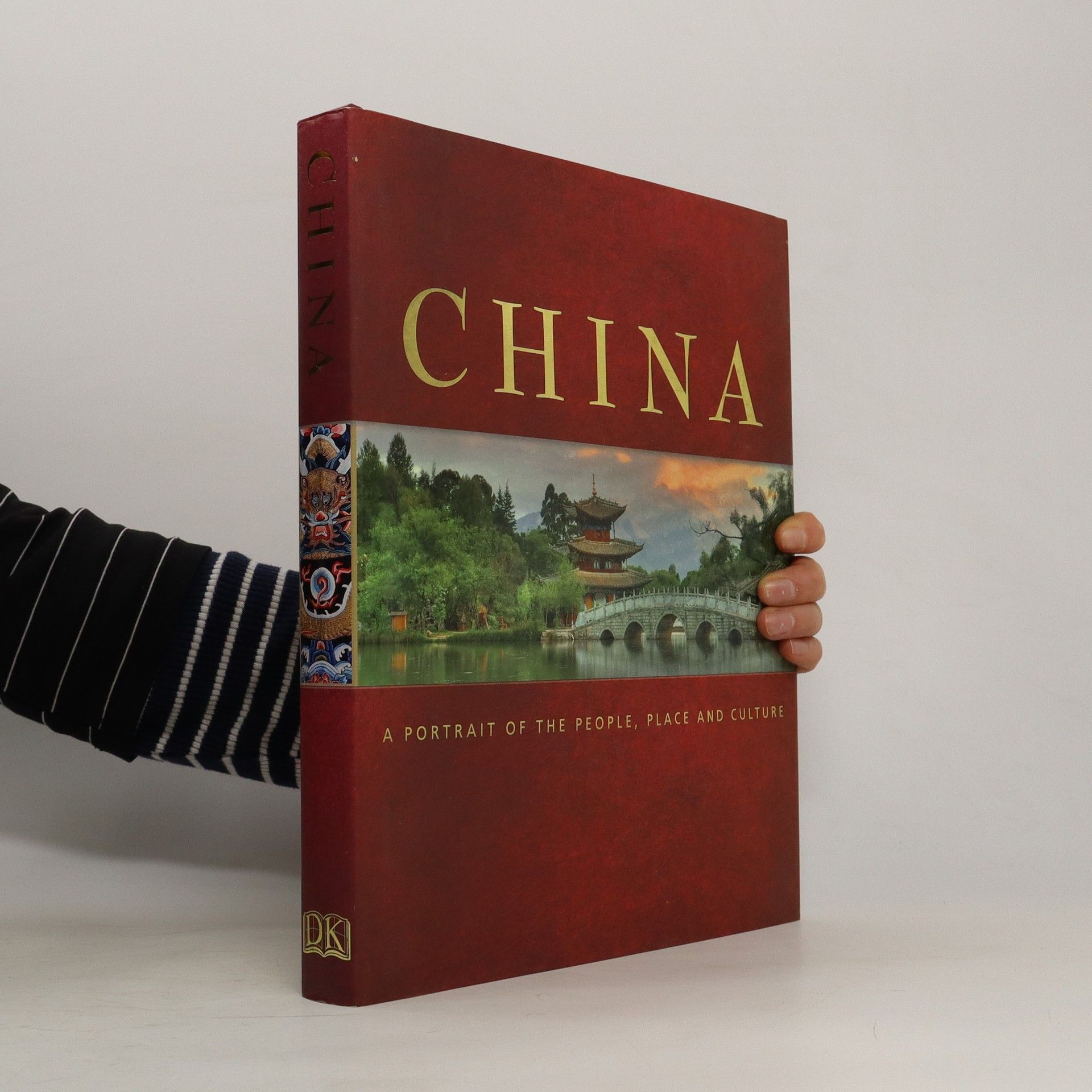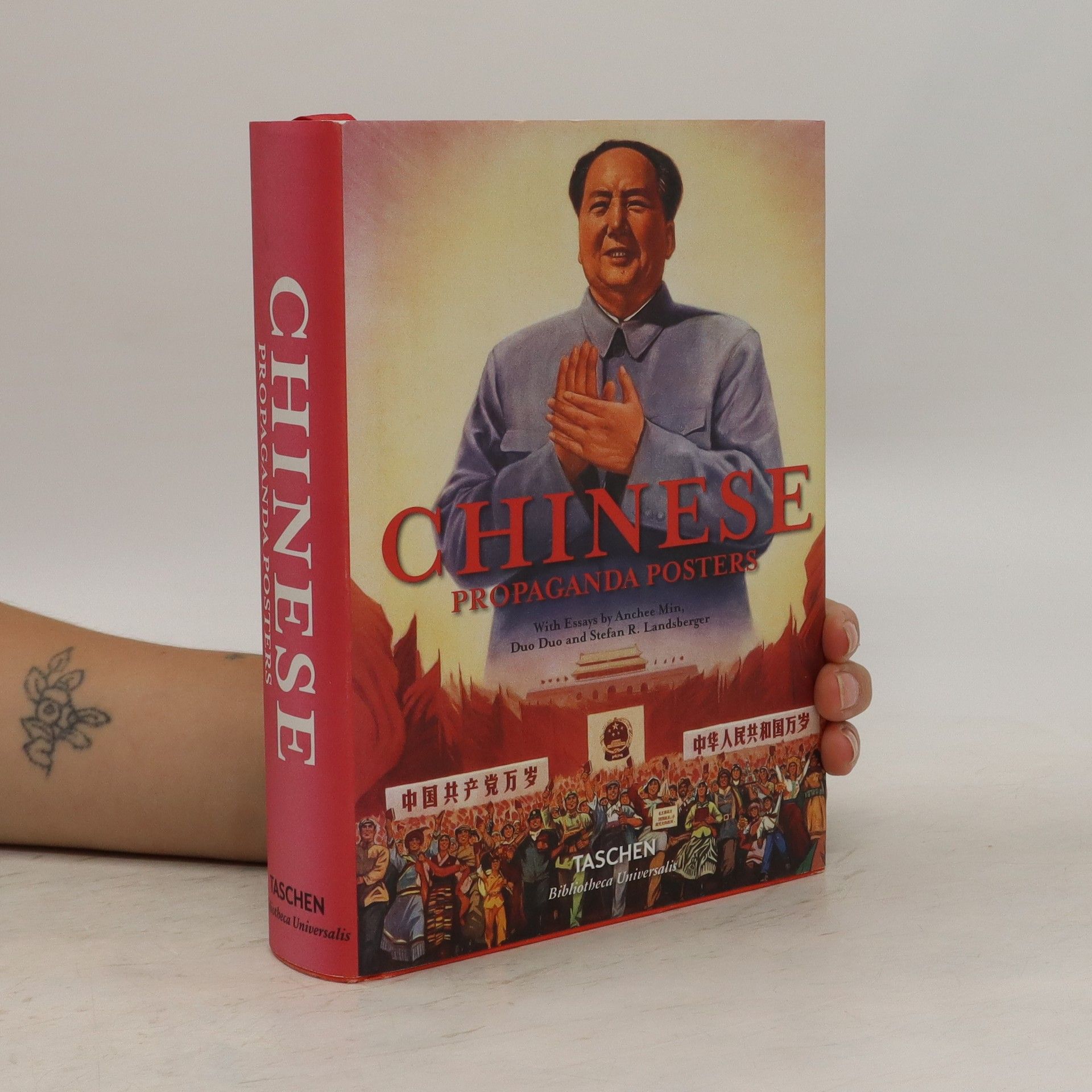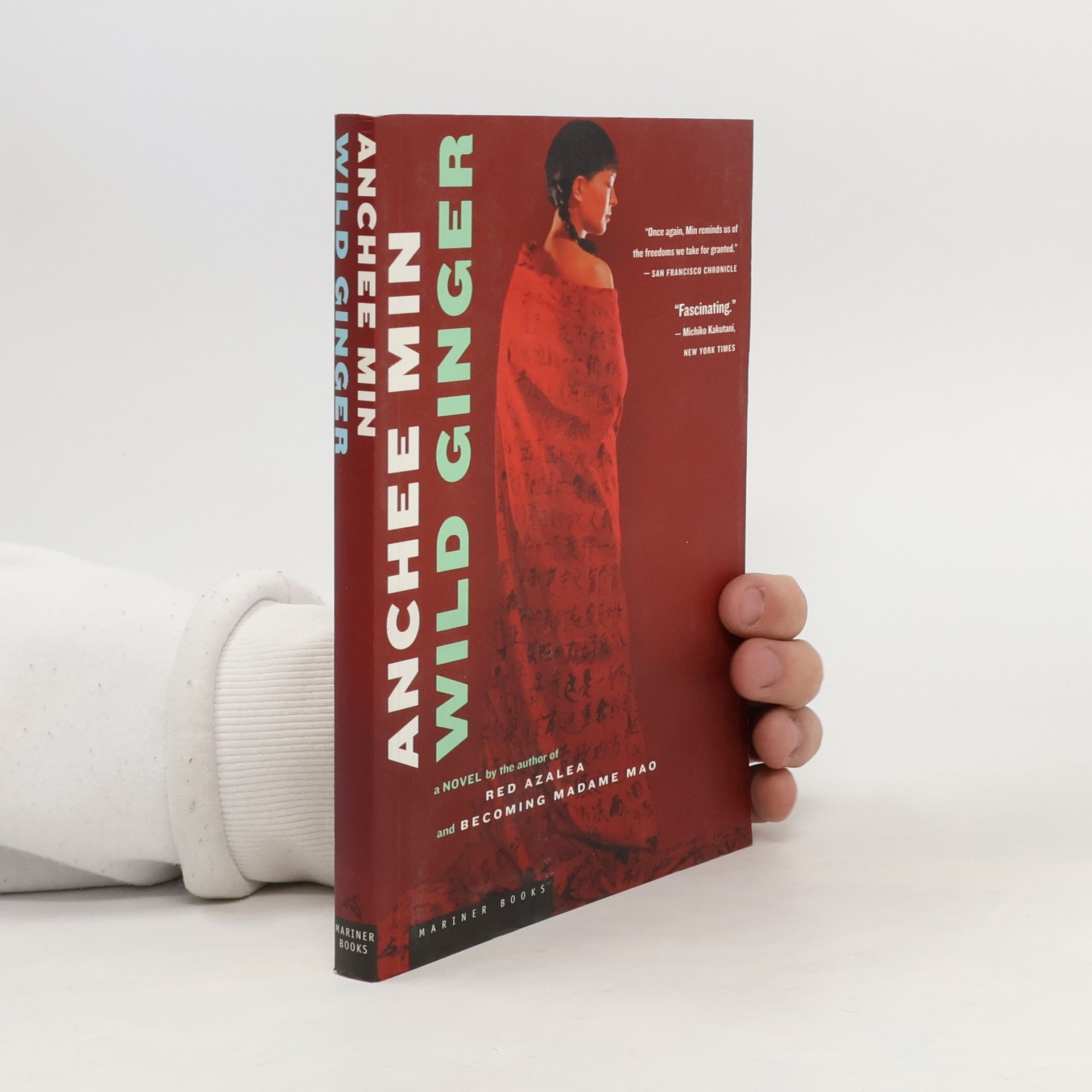Chinese Propaganda Posters
- 608 pages
- 22 hours of reading
Mit seinem glatten, roten Gesicht, das Lichtstrahlen in alle Himmelsrichtung aussandte, war der große Vorsitzende Mao Zedong zwischen 1949 und den frühen 1980er-Jahren auf Propaganda-Plakaten der Volksrepublik China allgegenwärtig. Mao als stoischer Superheld (wahlweise auch als Großer Lehrer, Großer Führer, Oberster Kommandant) wurde in allen möglichen Situationen abgebildet: beim Inspizieren von Fabriken, mit Feldarbeitern eine Zigarette rauchend, in Bademantel am Ufer des Yangtse, am Bug eines Schiffs stehend oder über einem roten Fahnenmeer schwebend. Flankiert war er dabei stets von kräftigen, gesunden, alterslosen Männern und maskulin wirkenden Frauen sowie Kindern in sackartiger, geschlechtslos-trister Kleidung. Ziel der Plakate war es, dem chinesischen Volk moralisch korrektes Verhalten zu demonstrieren und aufzuzeigen, wie großartig die Zukunft für das kommunistische China sein werde, wenn alle gemeinsam denselben Weg in Richtung Utopia beschritten. Dieser Band präsentiert eine Auswahl der bunten und inzwischen teilweise extrem raren Propaganda-Kunstwerke und weiterer kultureller Artefakte aus Max Gottschalks umfangreicher Sammlung. Über die Reihe Bibliotheca Universalis — Kompakte kulturelle Begleiter zur Feier des eklektischen TASCHEN-Universums!


